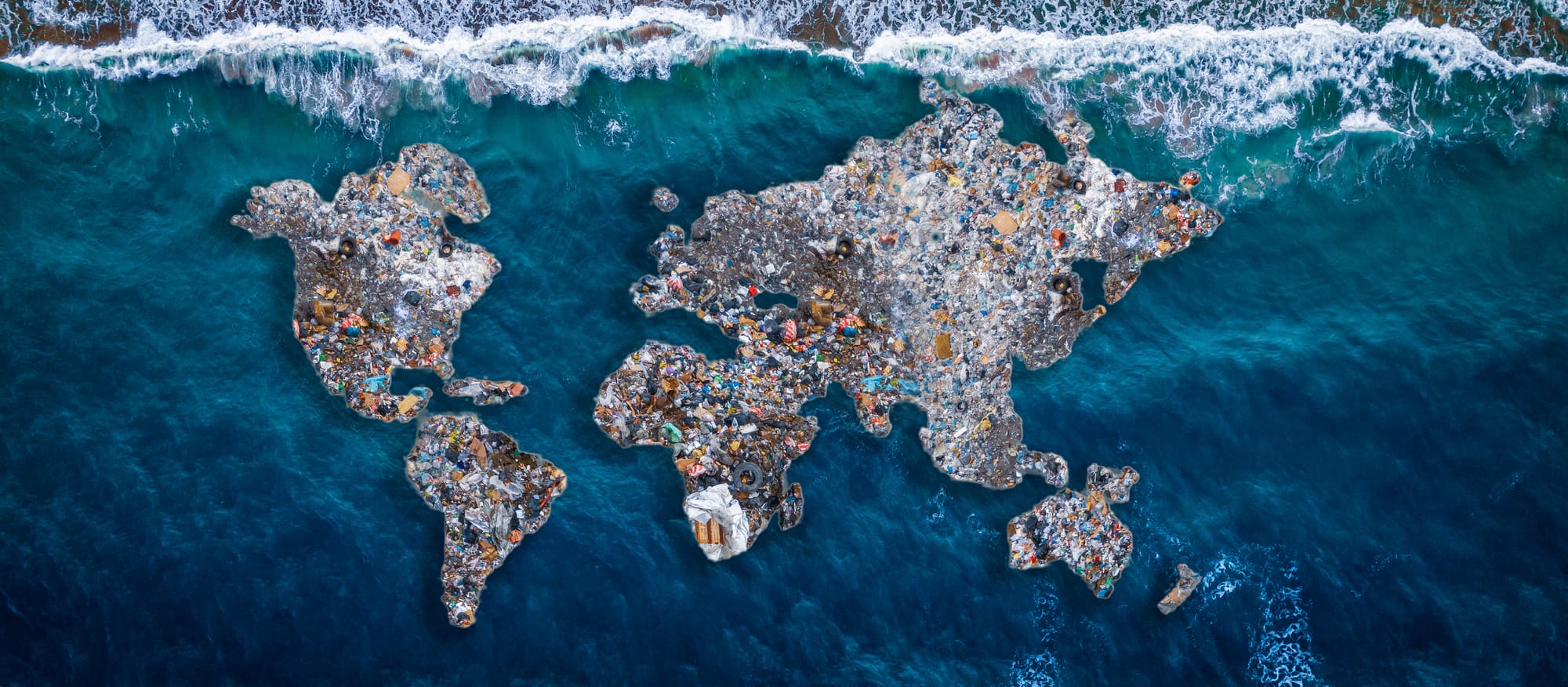
Data-driven solutions: the Plastics Data Checklist
In the context of the global plastic treaty, this Checklist outlines data required to understand the flows of plastics through a national economy and into the environment
Learn More

Authors: Eliza Northrop, Emily Belonje, Dr Randika Jayasinghe, Helena Dickinson and Bella Charlesworth
All environmental agreements face a fundamental challenge: how to measure progress toward complex, global objectives and enable regular opportunities to course correct or increase ambition. Existing environmental agreements demonstrate that comprehensive data systems are the operational backbone of effective environmental governance. Without mechanisms to measure, report, and verify progress, even well-intentioned agreements struggle to move beyond aspirational language to concrete implementation.
To this end, a systematic review of four multilateral environmental agreements (MEAs)—the Basel Convention, Minamata Convention on Mercury, Paris Agreement, and Stockholm Convention on Persistent Organic Pollutants —reveals several consistent approaches to data collection and reporting.
Contact: Eliza Northrop ([email protected])
Closing the Information Gap in Global Plastics Governance: No Data, No Deal

In the context of the global plastic treaty, this Checklist outlines data required to understand the flows of plastics through a national economy and into the environment
Learn More

The Ocean Accounts Diagnostic Tool is designed to engage and guide structured dialogue among stakeholders for strategically implementing and advancing ocean accounts.
Learn More

The 'Handbook on Sustainable Ocean Plans: A Practitioners' Guide' provides a practical framework to help countries design and implement Sustainable Ocean Plans (SOPs). SOPs are comprehensive, country-driven frameworks to sustainably manage 100% of the ocean area under national jurisdiction.
Learn More